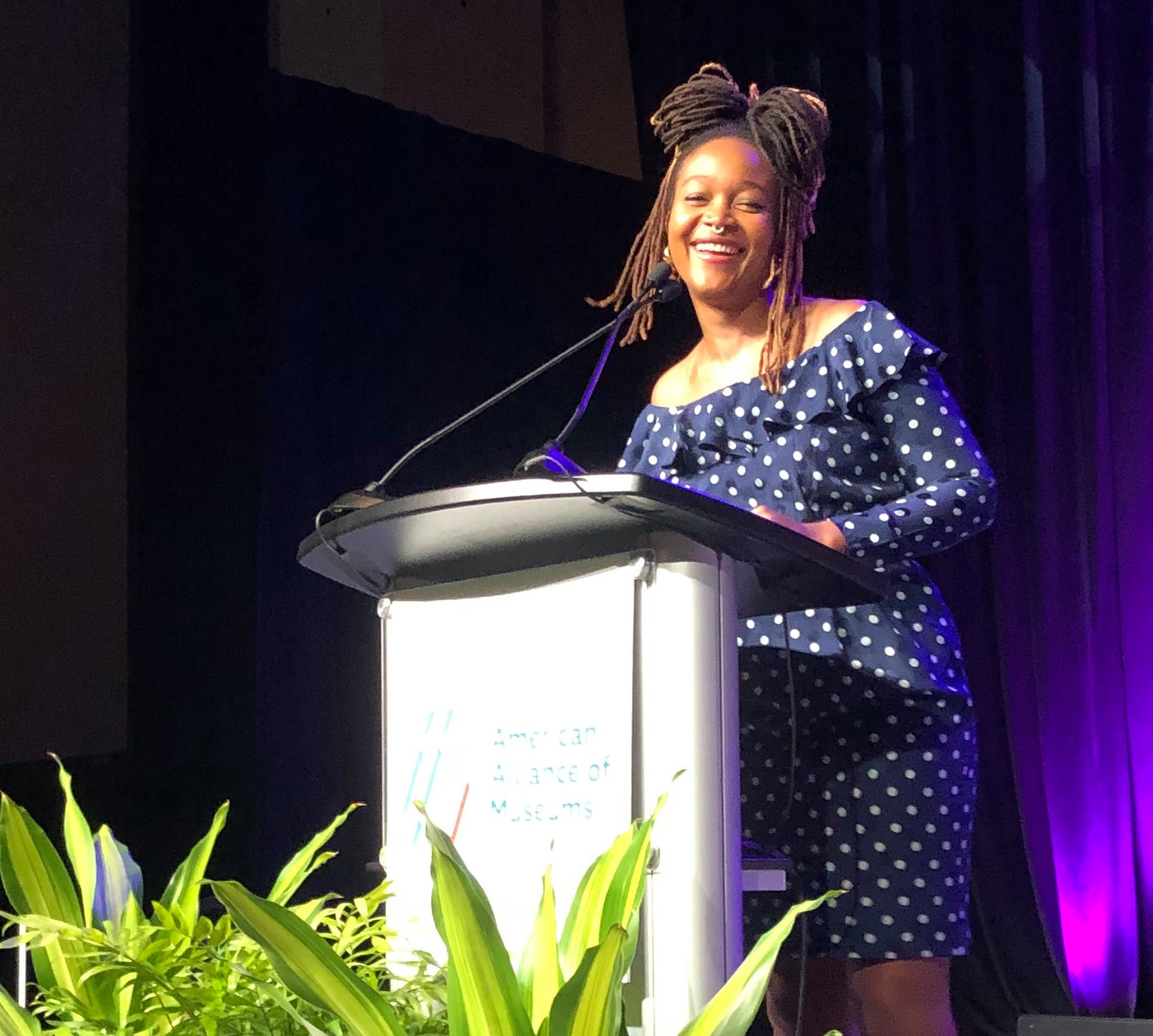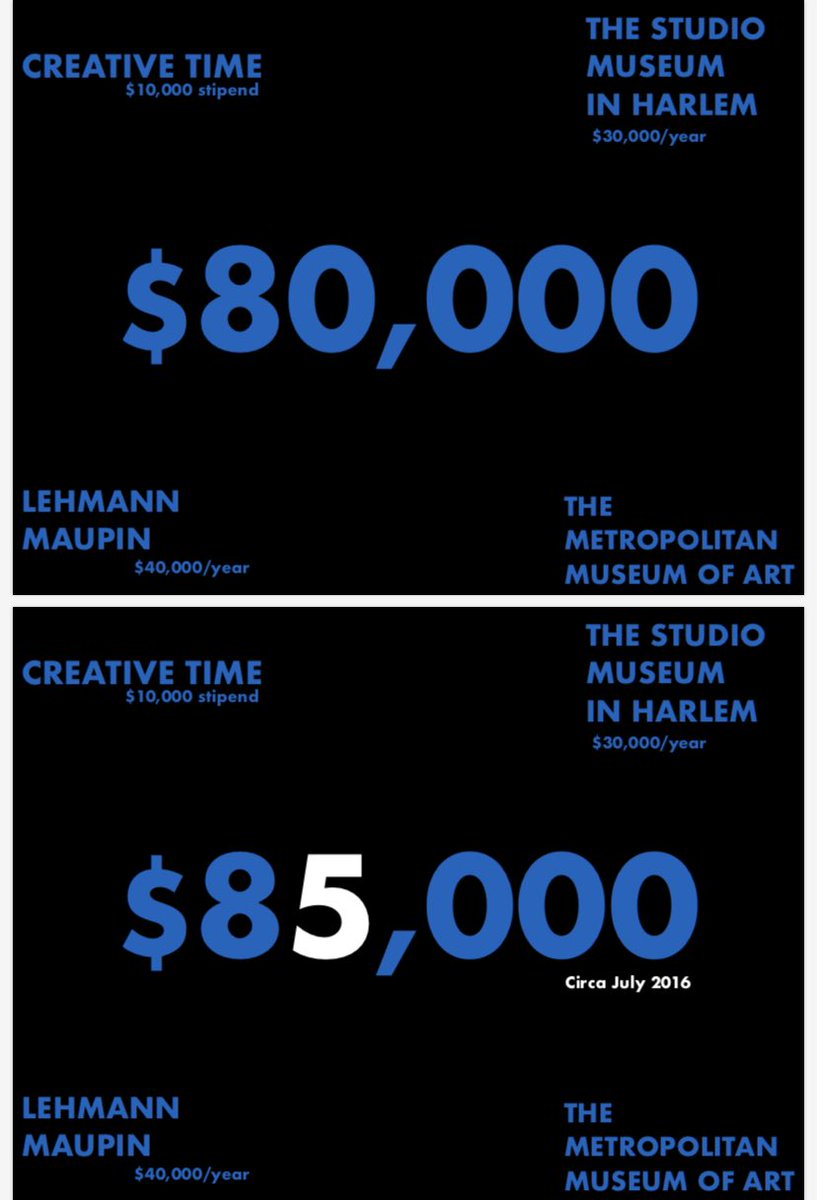Big Ideas from AAM’s Annual Meeting (and How They Fit into Museum Retail Stores), Part 2: Embracing Change
Part 2: Embracing Change
You’ve probably heard some of the statements attempting to summarize the scope of propulsive changes in our culture today:
- More data has been recorded in the last two years than in all of prior history.
- More immigrants have come to the United States since 1966 than in the entire time from 1776-1966.
- Never before has the workplace accommodated four generations working side by side.
- More than half the world’s population now live in urban areas.
- Although over 90% of communication is nonverbal (tone, expression and body language), email, texting and social media have all caused verbal communication to decrease dramatically.
Simultaneous demographic, social, technological and economic changes are uprooting norms across all industry sectors. The program at AAM’s 2019 Annual Meeting made it apparent that today’s museum professionals wrestle with the ever-increasing speed of change in American culture. Advances in technology and rapid data accumulation change not only what we do, but how it is measured. Problems and solutions are increasingly global rather than local; generations are changing; centers of power shifting; individual stories are amplified and empowered just as “privacy” simultaneously becomes commodified; and on and on.
These are sweeping changes with far-reaching implications, not only in museums but everywhere in our lives. Never in history have humans had to reconcile so much evolutionary and social change so quickly. In addition, an individual organization’s reactions and efforts at adapting to cultural changes often happen on an international scale, at an ever-accelerating pace, and quite often (thanks to social media) directly in the public eye.


As an example of this, by now you are likely already familiar with the conversation about salary transparency that sprang from the AAM keynote address with Kimberly Drew, where Drew (an African-American woman) disclosed her salaries from previous jobs and compared one museum salary to that of her white male predecessor. This disclosure garnered many murmurs from the crowd, followed by even more tweets, Facebook posts and discussion on social media, which, within weeks, prompted another museum employee to launch a shared spreadsheet for museum workers to make similar disclosures anonymously.
This spreadsheet grew rapidly from a few entries to thousands. In this sequence of events beginning with a single AAM session, we see the kind of seismic shift happening in real time that illustrates so many of these converging simultaneous changes:
- Workers demanding new levels of accountability from the organizations they serve
- The speed of transmission of ideas our technology provides
- Increasing demands for transparency in nonprofits
- Changing values as younger generations become more influential
- Lessening distinctions between personal, political and professional


How Does All this Apply to Retail?
No one is immune to cultural change. As nonprofit retailers, we can prepare ourselves by admitting that “business as usual” is not going to cut it in these times. Together, we can assess how some parts of this shifting landscape have extra implications in retail, as the changes affect not only our institutions, but essential retail business practices. Museums are under pressure to collect more visitor data, with higher needs for specialized skills of analysis and reporting. Processes that can be automated will increasingly be so, such as staffing levels determined by visitation algorithms, and the now-ubiquitous self-checkouts at so many discount stores and drug stores.
Complicating this further are expectations of our changing consumer marketplace. These pattern changes scale from large (like demanding sustainable manufacturing) down to individual transactions, like customers expecting smartphone-enabled payment options, or bringing their own shopping bags to reduce waste. Even our own buying patterns are shifting, as the wholesale trade shows fluctuate, merge and re-emerge.
As we face this barrage of changes across the landscape, let’s admit that change is inherently unsettling, even on a small scale. Humans intuitively resist change out of deep-seated fear of uncertainty that is part of our psychological evolution. However, change is also a necessary part of growth. Growing our businesses to accommodate these changes, addressing them head on to provide support for our employees and others who rely on us, and assisting our organizations’ larger transitions all show our own adaptive leadership.
Additionally, we can know that we are not alone. These are broad cultural shifts shared across institution types, sizes and locations. Tension and resistance are normal. The changes required in our institutions sometimes challenge long-held, comfortable practices. Fortunately for MSA members, in addition to AAM, our association community provides a localized and subject-specific platform for us to pose questions, embrace challenging discussions, and to scale these grand ideas down to the specific intersection of museum culture and consumer needs. Our localized conversations at MSA chapter meetings, in committees, at MSA FORWARD, in Shoptalk discussions and through direct networking should increasingly support our individual, professional and organizational development as we weather these changes together. I look forward to the shape these conversations will take on in our Museum Store Association.


Julie Steiner (pronouns she/her/hers) is the director of retail operations for the Barnes Foundation in Philadelphia and was the 2017-18 president of MSA.
